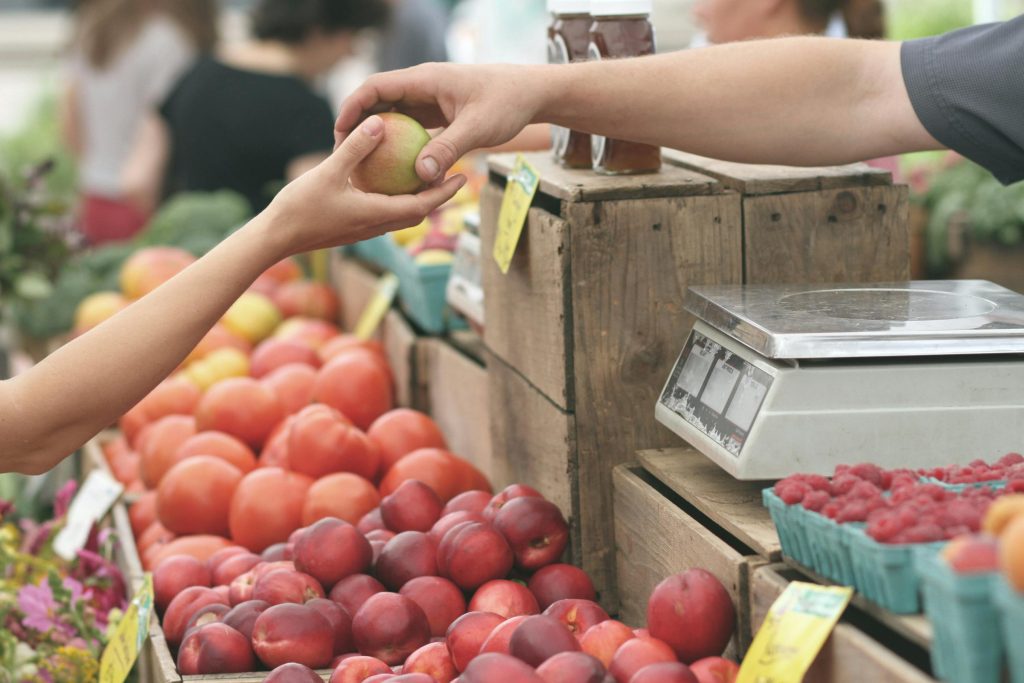In 2025, one of the most exciting travel trends is the rise of detour destinations—authentic, off-the-beaten-path spots away from overcrowded tourist areas. And at the heart of these enriching experiences lies the local market: a colorful crossroads of culture, flavor, and connection. Exploring local markets while traveling opens the door to immersive cultural experiences, supports sustainable tourism, and often uncovers the true spirit of a place.
Let’s walk through why exploring local markets while traveling matters, how to make the most of them, and what broader travel trends support this engaging practice.

Why Explore Local Markets While Traveling?
1. Cultural Insight from the Ground Up
Local markets are living ecosystems of culture. From street food stalls to artisans’ wares, they offer an unfiltered window into daily life. As noted by Travel + Leisure writer Giovanna Caravetta, farmers markets can be as meaningful as city landmarks—offering fresh produce, regional specialties, and friendly conversations that shape lasting travel memories.
2. Authentic Flavor and Fresh Finds
Tasting your way through regional markets brings authentic flavors beyond what guidebooks often recommend. A seasoned traveler advises using rules like the “Five Block Rule” to find genuine, local food—steering clear of tourist traps and into kitchens that preserve culinary traditions.
3. Supporting Local Communities
Spending at local markets helps support small-scale producers, crafters, and growers. Benefits include empowering regional economies, reducing environmental impact, and fostering community resilience—key values of sustainable and mindful travel.
Trends Driving Market Exploration in 2025
Detour Destinations & Slowcations
More travelers are seeking immersive and slower-paced experiences instead of ticking off bucket-list landmarks. Detour travel, exploring smaller towns and markets, aligns with the slowcations trend—favoring depth over speed.
Experiential and Creative Tourism
UNESCO defines creative tourism as participatory experiences—like craft workshops or cooking classes—that allow deeper cultural engagement. This pairs beautifully with culinary and market exploration, making the experience interactive rather than passive.
Culinary Tourism’s Continued Popularity
Food is no longer just sustenance—it’s a reason to travel. Culinary tourism is on the rise, with cooking classes and market tours forming key parts of many travelers’ itineraries.
Domestic and Cultural Travel Resurgence
With domestic and cultural travel booming—especially in the U.S.—travellers increasingly turn to their own regions and communities to discover markets and local flavors.
A Practical Guide to Visiting Local Markets
Before You Go: Research & Respect
- Do your homework: Learn the market’s schedule, local customs (like haggling norms), and any cultural etiquette.
- Go with a guide if possible: They can introduce you to hidden gems and smooth over linguistic barriers.
At the Market: Be Present and Curious
- Stroll, don’t rush: Focus on sense-driven exploration—colors, textures, aromas, and conversations add to the experience.
- Engage with vendors: Ask about their products, stories, and seasonal favorites. These bonds enrich your understanding and often inspire meaningful purchases.
Tastings & Shopping Smart
- Sample local delicacies like cheeses or honey, or buy ingredients for an immersive cooking class—making food cultural and educational
- Prioritize locally sourced and sustainable products to reflect responsible travel values.
Sample Journey: Market Discovery in Tangier & Hanoi
- In Tangiers’ colorful souk, visitors encounter sensory overload with spices, fresh produce, and traditional crafts—each stall telling a different story .
- In Hanoi, travelers move through bustling market lanes collecting ingredients for cooking classes— a hands-on dive into local cuisine that doubles as cultural immersion
Benefits of Exploring Local Markets While Traveling
| Benefit | How It Enhances Travel Experience |
|---|---|
| Immersive Experience | Connects you to place and people through food and tradition |
| Local Support | Sustains small businesses, farmers, and makers |
| Sustainability | Minimizes carbon footprint and fosters eco-responsible choices |
| Memorable Travel | Creates sensory-rich memories often more meaningful than landmarks |
Conclusion
Exploring local markets while traveling isn’t just an activity—it’s a lifestyle of immersion, connection, and authenticity. By wandering through the stalls, tasting local delights, and engaging with makers, you discover the heart of a community. As global travel trends shift toward detour destinations, creative tourism, and culinary discovery, markets offer one of the most vibrant gateways into local life.
Begin your next trip by charting a route not just to landmarks—but through the soul of a city: the market that pulses with its people, flavors, and stories.
References
- Food and Agriculture Organization of the United Nations (FAO). The Importance of Local Markets in Sustainable Food Systems. FAO. https://www.fao.org
- World Travel & Tourism Council (WTTC). Travel & Tourism Economic Impact Report 2024. WTTC. https://wttc.org
- United Nations World Tourism Organization (UNWTO). Tourism and Culture Synergies. UNWTO. https://www.unwto.org









